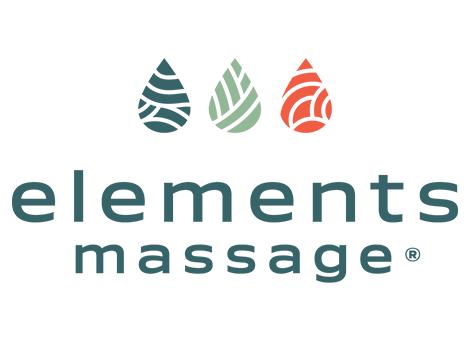In our fast-paced, modern world, anxiety has become an all-too-common companion for many of us. Whether it's the stress of work, personal relationships, or the constant barrage of information, anxiety can take a toll on our mental and physical well-being. While there are various ways to manage anxiety, one effective and often overlooked method is the healing power of massage therapy. In this blog, we'll explore how massage can provide relief from anxiety and promote overall well-being.
Understanding Anxiety
Anxiety is a natural response to stress, preparing our bodies to face potential threats. However, when anxiety becomes chronic and overwhelming, it can lead to a range of physical and emotional symptoms, such as muscle tension, restlessness, racing thoughts, and a sense of impending doom. To manage anxiety effectively, it's crucial to address both the psychological and physical aspects of this condition.
The Healing Touch of Massage
Massage therapy is more than just a luxurious treat; it's a holistic approach to healing the body and mind. The physical benefits of massage extend beyond the simple relaxation of muscles; they can play a pivotal role in reducing anxiety. Here's how:
-
Relaxation Response: Massage triggers the body's relaxation response by reducing the production of stress hormones like cortisol and increasing the release of "feel-good" hormones such as serotonin and dopamine. This shift in hormonal balance can help calm the mind and alleviate feelings of anxiety.
-
Muscle Tension Relief: Anxiety often manifests in the form of muscle tension and pain. Massage therapists use various techniques to release muscle tension, promoting better blood flow and reducing pain. As muscles relax, so does the mind.
-
Improved Sleep Quality: Sleep disturbances are a common symptom of anxiety. Regular massage sessions have been shown to improve sleep quality by promoting deeper and more restful sleep. Quality sleep is essential for managing anxiety effectively.
-
Enhanced Body Awareness: Massage can help individuals become more aware of their bodies and the physical manifestations of anxiety. This increased self-awareness can empower individuals to recognize and manage anxiety triggers more effectively.
-
Mind-Body Connection: Massage encourages a strong mind-body connection. By focusing on the physical sensations during a massage, individuals can learn how to relax, let go of tension, and maintain that sense of relaxation beyond the massage session.
Types of Massages for Anxiety
Several massage techniques can be particularly effective in managing anxiety. Some of the most notable options include:
-
Swedish Massage: This gentle and soothing massage technique uses long, flowing strokes to promote relaxation and stress reduction. It's an excellent choice for individuals looking to unwind and de-stress.
-
Deep Tissue Massage: For those experiencing chronic muscle tension, a deep tissue massage can target specific areas of discomfort and release built-up tension. It can be especially beneficial for individuals who carry their stress in their muscles.
-
Aromatherapy Massage: Combining massage with essential oils, aromatherapy massage can enhance relaxation and mood improvement. Certain essential oils, such as lavender and chamomile, are known for their anxiety-reducing properties.
-
Hot Stone Massage: Hot stones are placed on key points of the body to warm and relax muscles. This can provide a soothing and grounding experience for those dealing with anxiety.
-
Thai Massage: This ancient form of massage combines assisted yoga poses and acupressure to promote flexibility and relaxation. It can be an excellent choice for individuals looking for a more active form of relaxation.
Anxiety is a complex condition that affects both the mind and body. While there are many strategies for managing anxiety, massage therapy offers a unique and effective approach. By promoting relaxation, reducing muscle tension, and improving the mind-body connection, massage can play a significant role in alleviating anxiety symptoms and enhancing overall well-being. If you're struggling with anxiety, consider integrating regular massage sessions into your self-care routine, and experience the healing power of touch for yourself. Remember, it's essential to consult with a healthcare professional for a comprehensive approach to managing anxiety, which may include massage therapy as a complementary tool.

